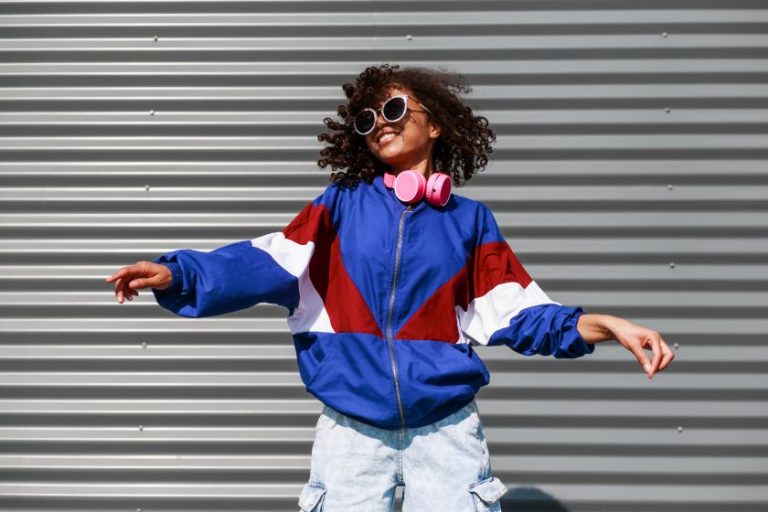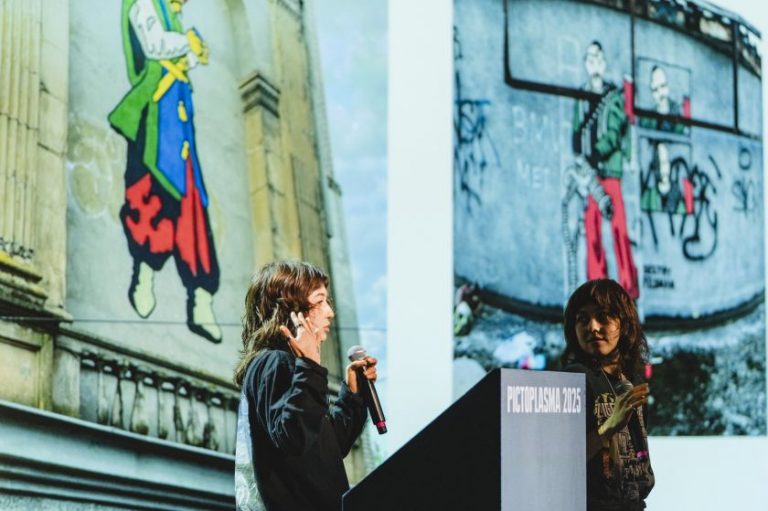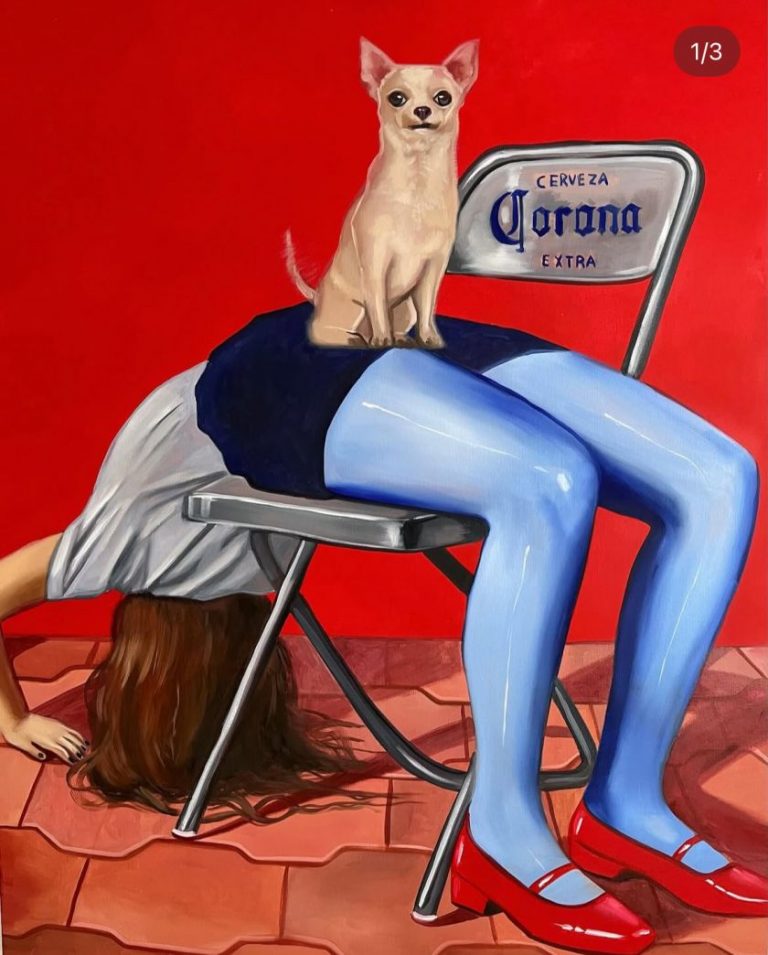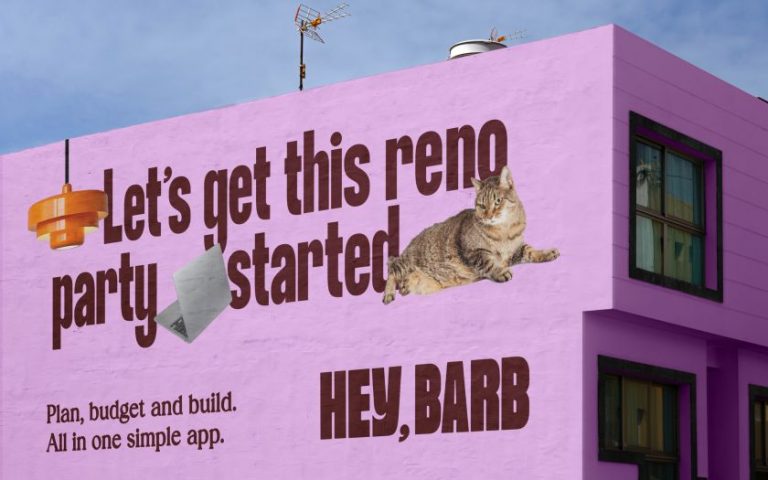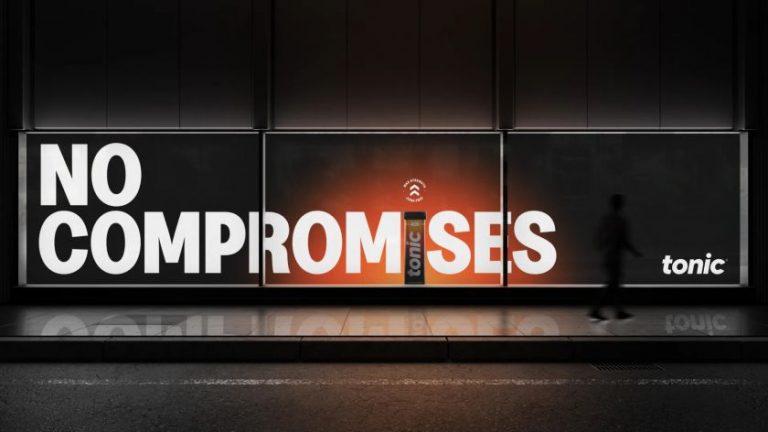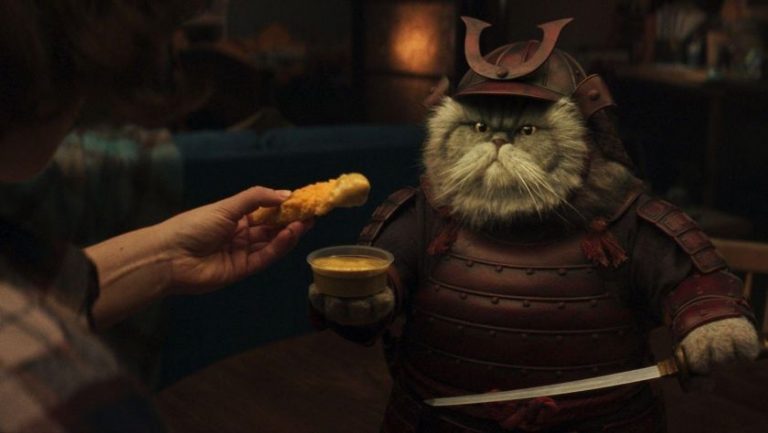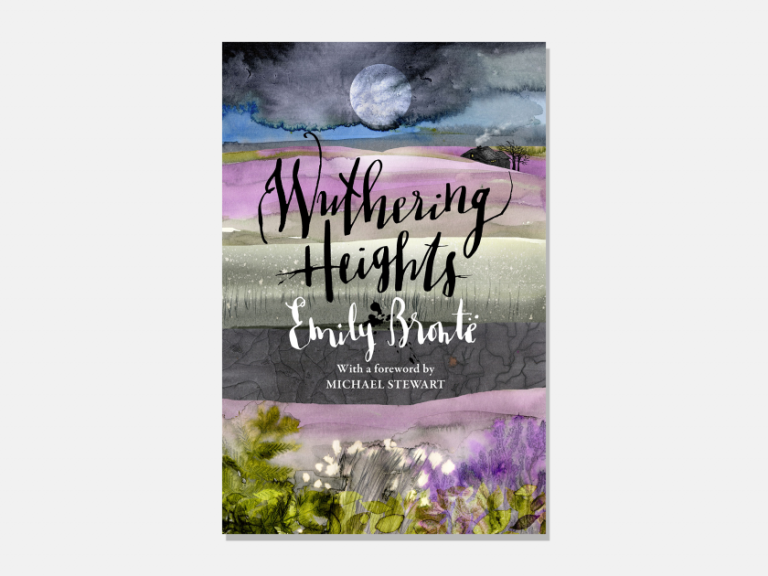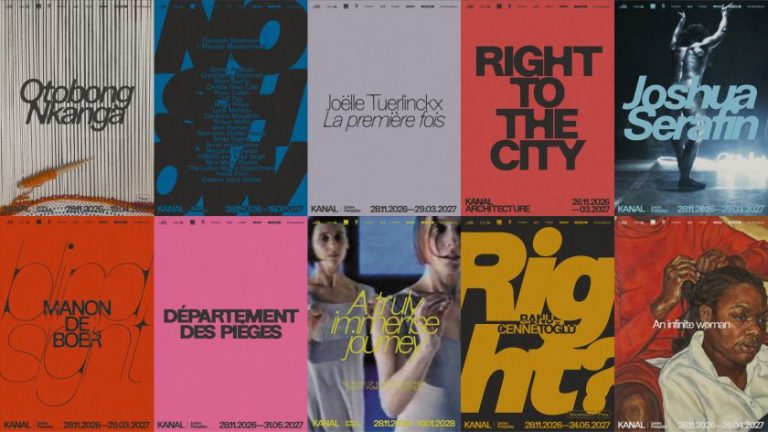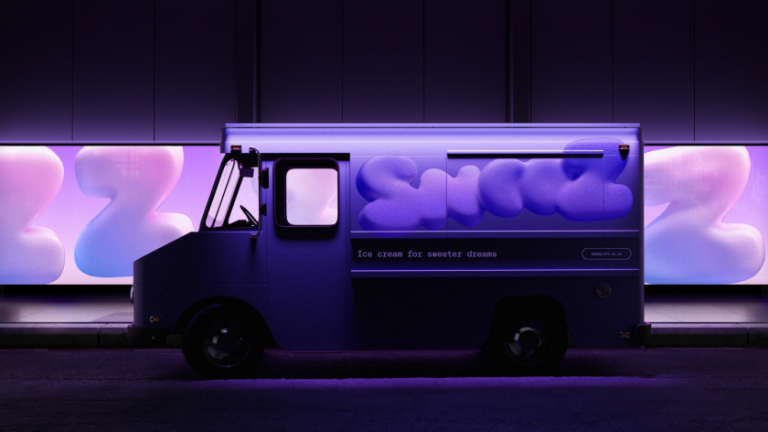By Carolina Rodriguez Fuenmayor
Using company data and insight from its agenting team, IllustrationX has written an evidence-based look at what’s trending in illustration as 2025 gets underway. We’ve teamed up with them to bring you these current and emerging trends.
Art – including every kind of illustration – is one of the things that makes us human. And, like us, art adapts to and reflects its surroundings. With 2025 now well underway, we can reflect on 2024 and remark on what a tough year it was – for just about everyone, including artists. But we can also take strength and encouragement from how resilient illustrators, artists and creatives of all kinds have been in the face of a tough economy, crazy politics and technological tumult.
There is a sense of tentative optimism in the air, supported by the data we’ve collected and analysed for this report. IllustrationX has a roster of over 200 artists and is one of the busiest illustration sites on the web. Because of this, we’re able to track which artists and styles people in the industry are looking at and see who generates the most enquiries online. This can be taken in the context of our wider bookings data in terms of both volume and value to give us a good idea of what creative directors are looking for.
Talking to agents located in territories around the globe, we’ve interpreted this data and included various qualitative and quantitative insights – such as where new bookings are coming from, what clients tell us, the types of work emerging creatives are producing and how clients have responded to new artists who have joined the agency.
It can be a lot to take in, but we’ve sifted through all of this for you, and it will be interesting to see whether the six trends we’re seeing chime with or contradict your own experience. The data we worked with covers October, November, and December 2024, and the analysis reflects some trends that we saw throughout the past year and some new ones, too. We’ll also share three or four artists to watch in that field for each trend.
Trending: Let the Line Define! Comic-style Illustration
Two of our 10 most-booked artists for the quarter are comic artists
Two of our 10 highest-earning artists work in this style
Comic art received the most enquiries in both November and December 2024
The second most popular style on our site by visits in November and December 2024
Our trend report examined the popularity of retro comic styles this time last year, and there is no sign that this trend will abate in 2025. Our data shows that IllustrationX artists working in this style continue to attract strong interest from clients and are prospering.
Clear line work, well-defined forms, motion and dynamic points of view are some of the aesthetic factors that give comic art its impact. Meanwhile, the long history of the comic book genre has embedded this look in popular culture – it’s a style people of all ages recognise and can relate to.
When an image or a series of images is required to communicate a message clearly and make an impact, comic-style illustration fits the bill. Equally, when there’s a story to tell, the sequential narrative of the panel-by-panel approach is always effective—in commercial, publishing, and editorial contexts. In many cases, campaigns require both impact to hook you in and storytelling to convey more complex messaging, making comic art a highly commercial and entertaining medium.
Trending: Medical Imagery
Our top earner for October 2024 is a medical illustrator
Our second-highest earner for the quarter is a medical illustrator
Unlike visual styles that connect with popular culture and, therefore, may come and go, medical illustration is one of those areas of illustration that just keeps on keeping on. In the final quarter of 2024, it jumped into our data due to a sudden influx of high-value commissions, which could indicate that scientific publishers are feeling confident about the year ahead.
The look and feel of artwork in this category vary according to the aesthetic an illustrator works in—from linework representations of the human form to complex 3D renderings of internal organs, tissue, and even individual cells. The work has to be interesting to look at and extremely accurate. This means that two key factors come into play: the artist’s creative skills and understanding of medical science.
To meet the challenge, some medical illustrators have attained qualifications in both art and science. The knowledge gained through the latter is certainly useful to the artist, but also to our agenting team. Fulfilling commissions can be an intricate process that involves fully understanding the brief, presenting creative routes, taking often complex feedback onboard, and completing any amendments exactly to spec.
Expertise and competence are critical, and unlike other fields, there’s no margin for ambiguity or variances in audience interpretation.
Trending: Beauty IRL With Live Event Illustrators
Our top three most-booked artists for the quarter are live event illustrators
Two of our 10 highest-earning artists work in this style
Most enquiries in November 2024
Second most enquiries in December 2024
Third most enquiries in October 2024
Traditionally, fashion and beauty illustration has thrived in areas like advertising, magazines, newspaper supplements, and packaging. Now, with the burgeoning popularity of live fashion and beauty illustration, it has stepped off the page and out of our screens into the real world.
Clients in this area range from luxury brands to mainstream retailers, and they’re placing more emphasis than ever on delivering not just products but experiences for their most valued customers. Hiring a live event illustrator to paint portraits of guests attending shows, launches, and retail activations provides just that. The artist will often chat with the sitter while capturing their unique beauty—who might even be wearing the new products on offer—and making them feel special and valued.
The experience helps strengthen the connection between a brand and its customers while also associating the brand with notions such as creativity and individuality. The customer walks away with the artwork and may display it in their home and/or share it on social media, generating conversation about the brand and its products. In some cases, our illustrators can customise items such as handbags at the event, which likewise results in unique talking points for the customer and the host brand.
As 2024 came to an end, our live event illustrators were very busy in large urban markets around the world, and we expect this trend to continue in 2025.
[Nadia Flower](https://www.illustrationx.com/uk/artists/nadiaflower
Emerging: YA Jacket Art For Female Readers
Last October, our trends report noted an uptick in book illustration. As 2025 progresses, we’re receiving a growing number of enquiries and taking more bookings for cover artwork intended to appeal to female readers in the young adult category. In publishing, this refers to readers aged 12 to 18.
Art directors who commission in this area are seeking illustrators whose styles chime with the tastes and interests of teenage girls across genres including romance, fantasy, thriller, and historical fiction. Authors are crafting stories that are as sophisticated as ever, tuning in to themes such as relationships, female empowerment, personal growth, and a range of societal issues, with diverse characters.
Despite the growth of eBooks and audiobooks, print sales for young adult fiction remain very strong. Our artists are meeting the growing demand for cover art that catches the eye, reflects the unique qualities of the story, and can give cohesion to an author’s series of books. New artists we’ve taken on over the last 12 months have sparked a great deal of interest from publishers of YA fiction.
In the bigger picture, children’s publishing has always been a very important category for our agency. Over the last two years, we’ve developed an approach to this market that takes into account the different age groups and the broad variety of styles clients are interested in. As a result, we’re now more in tune with trends in this area – including the growing interest in cover illustrations for YA books aimed at female readers.
Trending: Eastern influences, global settings
Some trends in illustration defy analysis from the perspective of creative style because they deal more with the content of the work, the intent behind it, or even who created it. Throughout our lists of top earners and busiest artists, and equally popular in terms of online portfolio visits and enquiries, there is a group of artists whose origins are in the Far East but who have settled in other cultures around the world.
Encouraged by their families and their tutors, very often, these illustrators combine Eastern influences with inspiration from their new locality. The composition of this group of artists is extremely varied. Many have emigrated to the US or the UK from China, either with their families or to study, and have integrated with the creative scene in their host towns and cities. There are also plenty of examples of illustrators with backgrounds in Vietnam, Korea, Japan, Philippines, Thailand, Malaysia, Indonesia and Singapore whose styles mix elements from two or more cultures.
The traditional aspects of Eastern cultures are often evident in the work – mythology, folklore, literature, clothing, food, symbols and beliefs, as well as painting, printing and calligraphic techniques. However, in some cases, the artists maintain fond links with the contemporary culture of their former homelands. For example, an artist with Korean roots in São Paulo influenced by K-Pop whose work chimes with Gen-Z Brazilians.
Trending: Reality to Illusion
Two of our 10 highest-earning artists work in this style
Artists working in this style were in our top five for enquiries each month of the quarter
Illustrators whose work transitions from the real into the unreal—and often back again—are very appealing to art directors at the moment. While the look and feel of the imagery may vary greatly, the common factor is a sense that one foot is in the real world while the other reaches into an intangible space full of thoughts, feelings, and visions.
Sometimes, the artwork will take inspiration from the Surrealists of the 1920s and 30s, with contemporary themes and execution using digital tools such as Procreate or Photoshop. It may also have a gestural, hand-drawn vibe—something akin to the cover art for a sophisticated graphic novel, perhaps.
A strong use of colour is a common characteristic of this trend. Clashing palette selections not only energise the imagery but also help push it beyond the realms of reality. Depicting emotions and the inner state of a character is a frequent objective in illustration commissions, and colour is a powerful way of achieving this. Likewise, you will see objects emerging from characters and items floating and blending into one another – a complex representation of our thoughts and feelings.
The skill of the illustrator is in keeping the communication on point, while creating an image that takes the viewer beyond reality without abandoning them in an indecipherable world of weirdness. One technique for achieving this is to use everyday objects and experiences as a starting point, and ensure any transition to the ‘other place’ is subtle, exciting, and a little mysterious.

